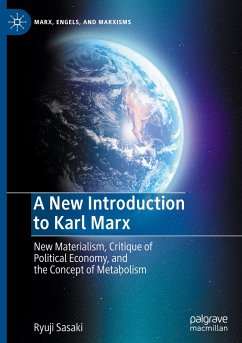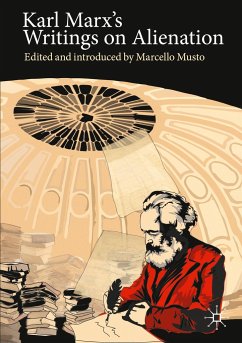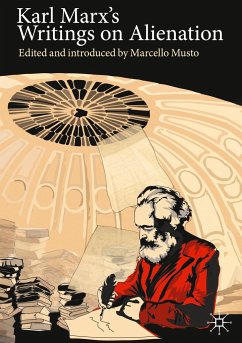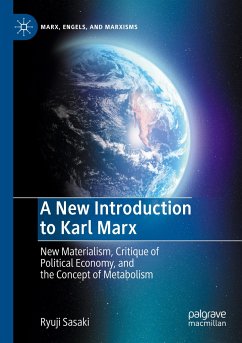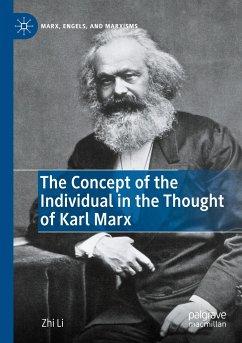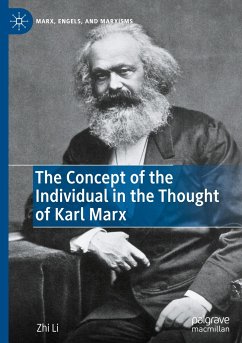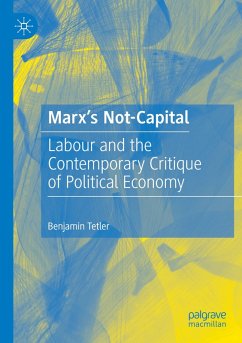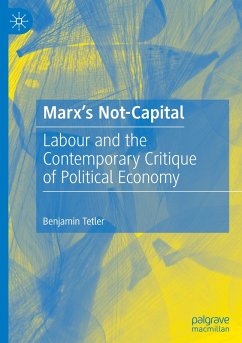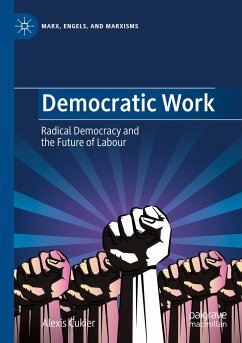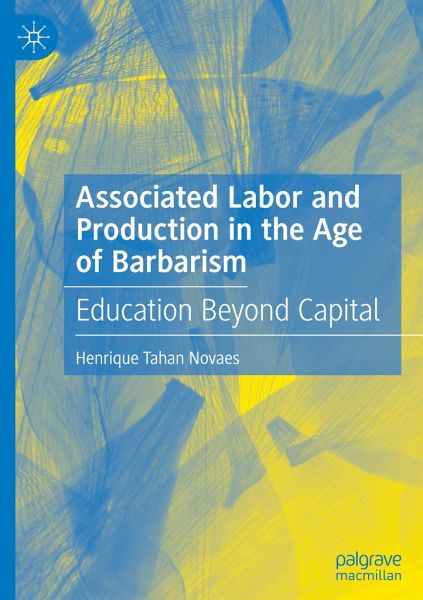
Associated Labor and Production in the Age of Barbarism
Education Beyond Capital
Versandkostenfrei!
Versandfertig in 6-10 Tagen
91,99 €
inkl. MwSt.
Weitere Ausgaben:

PAYBACK Punkte
46 °P sammeln!
The book focuses on different practices of associated labor in Brazil and Argentina, in the case of the workers' recuperated factories, over the past 40 years. Novaes analyses labor practices from a critical Marxist perspective as a reaction to the misery of neoliberalism. Deindustrialization, austerity programs, increasing commodification and international competitiveness have severely deteriorated the living and working conditions of the majority of Latin Americans. However, alternative labor, production and educational practices have developed in this increasingly ruthless neoliberal capita...
The book focuses on different practices of associated labor in Brazil and Argentina, in the case of the workers' recuperated factories, over the past 40 years. Novaes analyses labor practices from a critical Marxist perspective as a reaction to the misery of neoliberalism. Deindustrialization, austerity programs, increasing commodification and international competitiveness have severely deteriorated the living and working conditions of the majority of Latin Americans. However, alternative labor, production and educational practices have developed in this increasingly ruthless neoliberal capitalism. Although they are still small, they indicate a potential way out of the capitalist mode of production. Novaes directs his special attention to the "education beyond capital," which has accompanied these alternative labor and production practices (from alternative job training in recuperated companies and the movement of landless rural workers MST).






